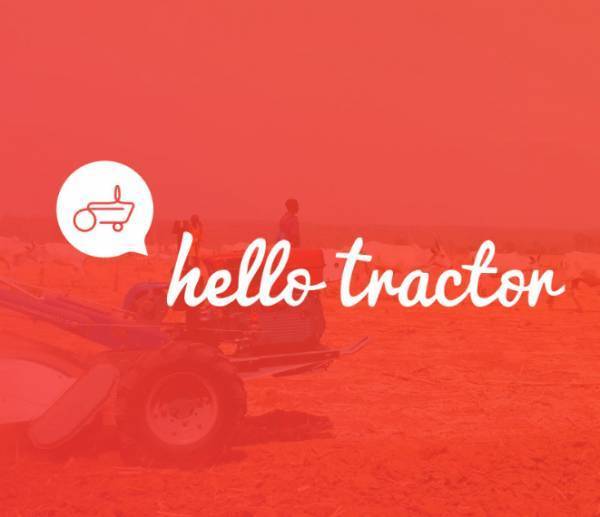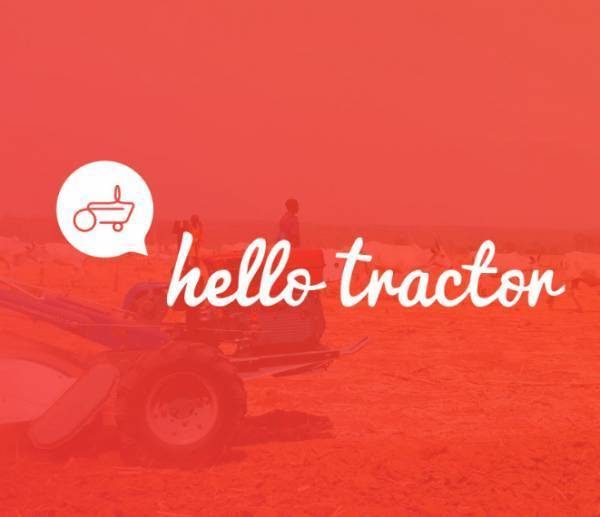The world continues to apply its very latest technologies to agriculture, to lift production efficiencies in the sector to heights good enough to cater for tomorrow’s challenges. Whether it’s digital technology or blockchain, AI or robotics, there’s always some new tech being dropped into the crop growing sphere to make them yield more products for us to consume.
But Africa still lacks a lot of the older instruments that Europe, North America, and much of Asia and South America have enjoyed for over a century. Mechanizing agriculture in our part of the globe is still a challenge. Tractors on farms still constitute a fairly novel sight for many here. Local farmers can’t afford these machines, so they’re stuck with hoes and cutlasses. As a result, yields are smaller, and the sector isn’t as productive as it could be.
Hello Tractor is leveraging multiple technologies to solve this problem. They are an agritech company that connects tractor leasing ventures with crop growers, using digital technology. They also incorporate booking agents, financial institutions, and tractor dealers into this web of relationships to build an ecosystem that benefits all parties involved.
This arrangement means that farmers don’t have to own a tractor themselves. They simply have to hire one from someone who’s willing to lease at a cost, get work done on their farms with it, and return to the owner. The solution has been called ‘the Uber for farms’ because of its similarity with the ride-hailing model.
Jehiel Oliver, who founded it in 2014, says the company intends to reach hundreds of millions of African farmers, whose low-tech crop farming methods have kept them in a low-income trap. But he points out that it also helps tractor owners ensure the safety of their assets, which has also been a problem for many of them.
This guarantee of safety comes from the reliance on Artificial Intelligence (AI) which Hello Tractor uses to collect and process data from the tractors as they’re used by those who hire them. The data is generated by a tracking device, installed on every tractor that’s delivered through Hello Tractor. This tracking device, as well as Hello Tractor mobile app and cloud systems, is what makes the whole system possible.
Farmers who want to hire a tractor through Hello Tractor can pay a commitment fee to have the tractor delivered to their farm. When the tractor service is rendered, they can make a final payment and get a receipt for it. They can access the service if they have registered with the platform.
The tractors used actually belong to independent owners who earn from leasing them out. They take advantage of Hello Tractor’s model by having its tracking device installed on their tractors, and receiving requests from farmers who want to use them, channeled through Hello Tractor. The device helps them manage their vehicles so that they don’t lose track of their location, regardless of who’s using them.
But there’s room for others in this setup besides farmers and owners of heavy-duty machines. People living in farming communities can also act as booking agents. They could earn from accumulating and sending in orders for tractor services from crop growers in their area. All they need do is sign up with Hello Tractor, get trained, download and register on the app, report local farmers’ orders with it, and supervise the tractor work when it’s being done. They get a commission for each tractor service they book.
Hello Tractor is operational in Nigeria, Kenya, and Mozambique. It also has some presence outside of Africa, including in Pakistan and Bangladesh.
Reference
Hello Tractor


